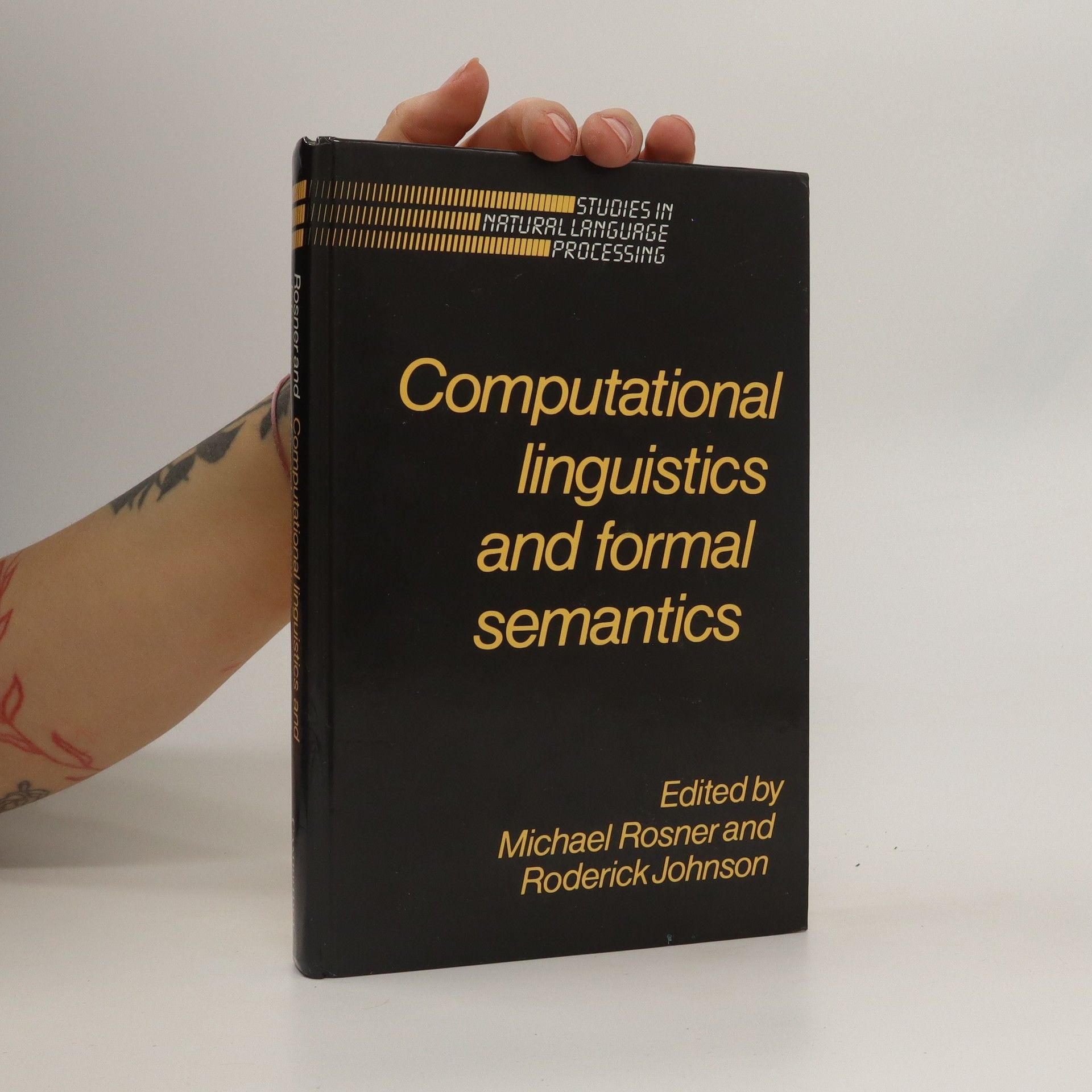This collection takes the exciting step of examining natural language phenomena from the perspectives of both computational linguistics and formal semantics. Computational linguistics has until now been primarily concerned with the construction of computational models for handling the complexities of linguistic form, but has not tackled the questions of representing or computing meaning. Formal semantics, on the other hand, has attempted to account for the relations between forms and meanings, without necessarily attending to computational concerns. Computational Linguistics and Formal Semantics introduces the reader to the two disciplines and considers the prospects for the more unified and comprehensive computational theory of language that might obtain from their amalgamation.
Michael Rosner Libros


Arztbilder
Wissenschaftliche Überlegungen zum Selbst- und Fremdbild des Arztes
- 184 páginas
- 7 horas de lectura